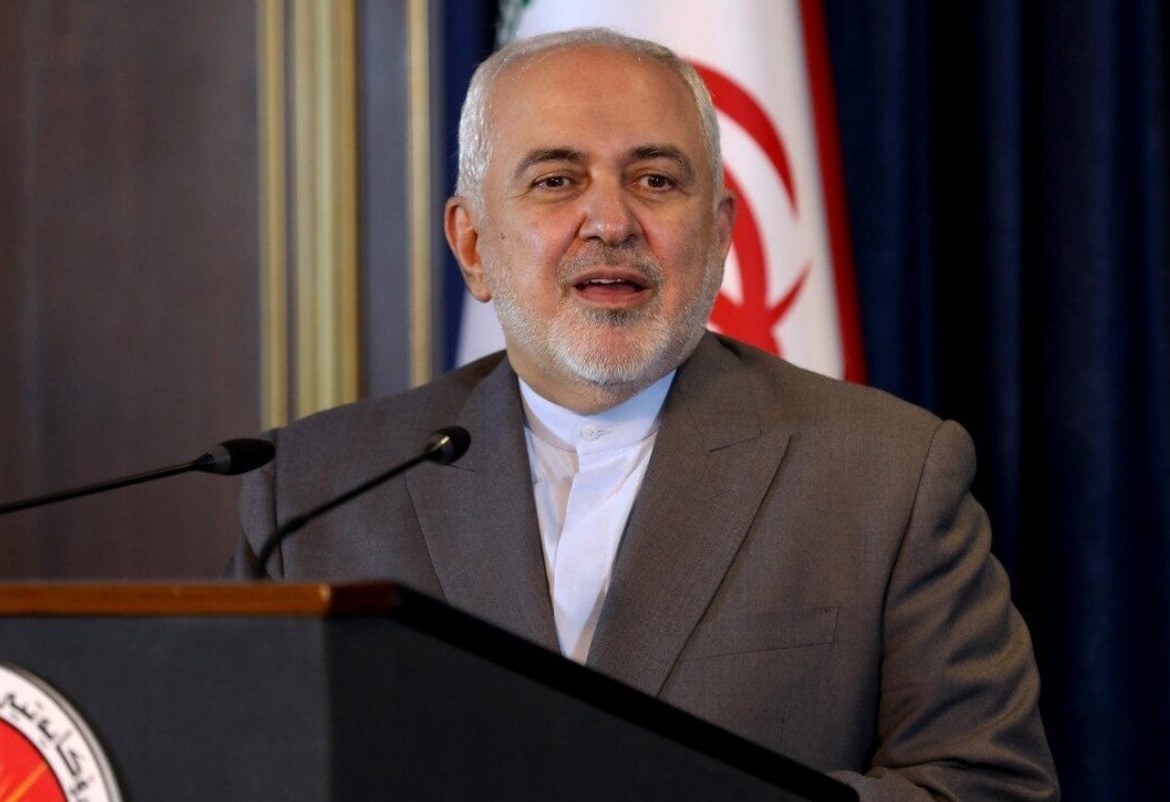Iran’s foreign minister Hossein Amirabdollahian has started a regional tour on Thursday to discuss the Israeli-Palestinian conflict, involving trips to Iraq and Lebanon, the Tasnim news agency reported. Amirabdollahian will meet Iraqi officials on Thursday, the semi-official agency said.
“In light of the current Palestinian events, the crimes committed against Gaza and their dangerous ramifications, the foreign minister’s regional trip will start today”, Tasnim quoted Iran’s ambassador in Lebanon as saying.

Iran is a staunch supporter of the Palestinian cause and condemned Israel’s recent attacks on Gaza, killing more than 250 people, mostly civilians. Iran has also called for an end to the Israeli occupation of Palestinian lands and the recognition of the rights of the Palestinian people.
Iran seeks regional cooperation and dialogue
The regional tour by Amirabdollahian is seen as part of Iran’s efforts to promote a regional dialogue and cooperation forum that would include Iran and its Arab neighbors. Iran has proposed this initiative as a way to address the common challenges and threats in the region, such as terrorism, extremism, and foreign interference.
Amirabdollahian visited Qatar, Oman, Kuwait and the United Arab Emirates (UAE) in June, where he discussed the regional initiative and other issues of mutual interest. He also met with officials from Saudi Arabia, Iran’s regional rival, in Iraq in September, in a sign of a possible thaw in relations between the two countries.
Iran has expressed its readiness to engage in constructive dialogue with its neighbors and to resolve any disputes through peaceful means. Iran has also welcomed the recent developments in Yemen, where a ceasefire agreement was reached between the Saudi-led coalition and the Houthi rebels.
Iran hopes for revival of nuclear deal
Another topic that is likely to be on the agenda of Amirabdollahian’s regional tour is the fate of the 2015 nuclear deal between Iran and six world powers, known as the Joint Comprehensive Plan of Action (JCPOA). The deal was aimed at limiting Iran’s nuclear activities in exchange for sanctions relief, but it was abandoned by former US President Donald Trump in 2018, who reimposed harsh sanctions on Iran.
Iran has since scaled back its compliance with the deal and increased its uranium enrichment levels, while insisting that it does not seek nuclear weapons. Iran has also demanded that the US lift all sanctions before it returns to full compliance with the deal.
The current US administration under President Joe Biden has expressed its willingness to rejoin the deal, but the negotiations have stalled since June, when Iran held its presidential election that brought hardliner Ebrahim Raisi to power. Raisi has said that he supports the revival of the deal, but only if it guarantees Iran’s interests and rights.
Iran’s regional allies and partners have also urged the US to return to the deal and to respect Iran’s sovereignty and dignity. They have also expressed their hope that the deal would pave the way for more stability and security in the region.







